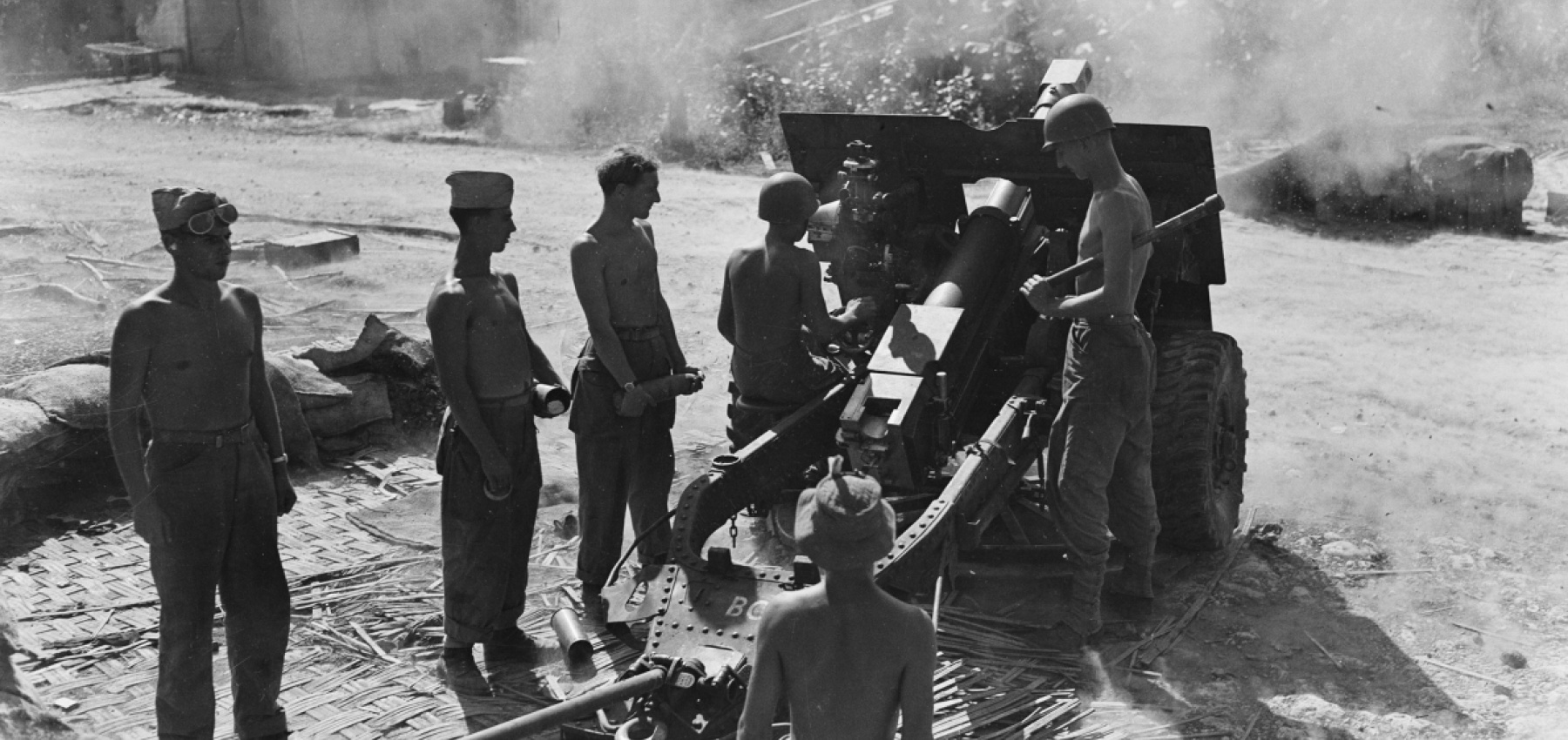Dutch military operations during the Indonesian War of Independence are the principal focus of the Asymmetric Warfare project. The term asymmetric warfare is used by military historians to refer to irregular warfare such as takes place in a guerrilla war and in which a force that typically operates in small units and predominantly uses unconventional combat methods opposes a regular army. Members of the project team are analysing the differences and the strengths and weaknesses of the parties to the conflict in terms of, for example, strategy, tactics, numerical strength, weapons and the organisation of the troops.
In military terms, there was a difference in strength in the war of decolonisation. The Dutch army had greater firepower and was organised as a modern army, whereas the Indonesian armed forces, although far greater in number relative to the Dutch troops, were still an army in the making in terms of organisation. The Dutch army was therefore dominant in conventional warfare. Republican forces were forced to wage a guerrilla war in which small, mobile units employed hit and run tactics. Partly because of their strong ability to improvise, Republican armed groups were able to effectively counter the Dutch army, which was finding it difficult to adapt to the methods of the adversary. Dutch troops were unable to break the resolve of the Indonesian armed forces, which were fighting for independence with the broad support of the population.
It is known that Dutch troops used extreme force during the Indonesian War of Independence. Less is known, however, about how and why, and the particular situations in which, Dutch troops resorted to extreme measures, and about how breaches of prevailing standards were handled. Three aspects of Dutch military operations are therefore being further studied, namely (1) the Dutch intelligence apparatus, (2) the use of heavy weapons (also referred to as ‘technical force’) and (3) the military judicial apparatus. Where possible, these aspects will also be studied in relation to the Indonesian armed forces. The interaction between Dutch and Indonesian actors will likewise be studied. The research conducted should provide better insight into the spiral of violence that characterised the war of decolonisation.
This project is carried out by: Remy Limpach, Esther Zwinkels, Azarja Harmanny and Tico Onderwater.













